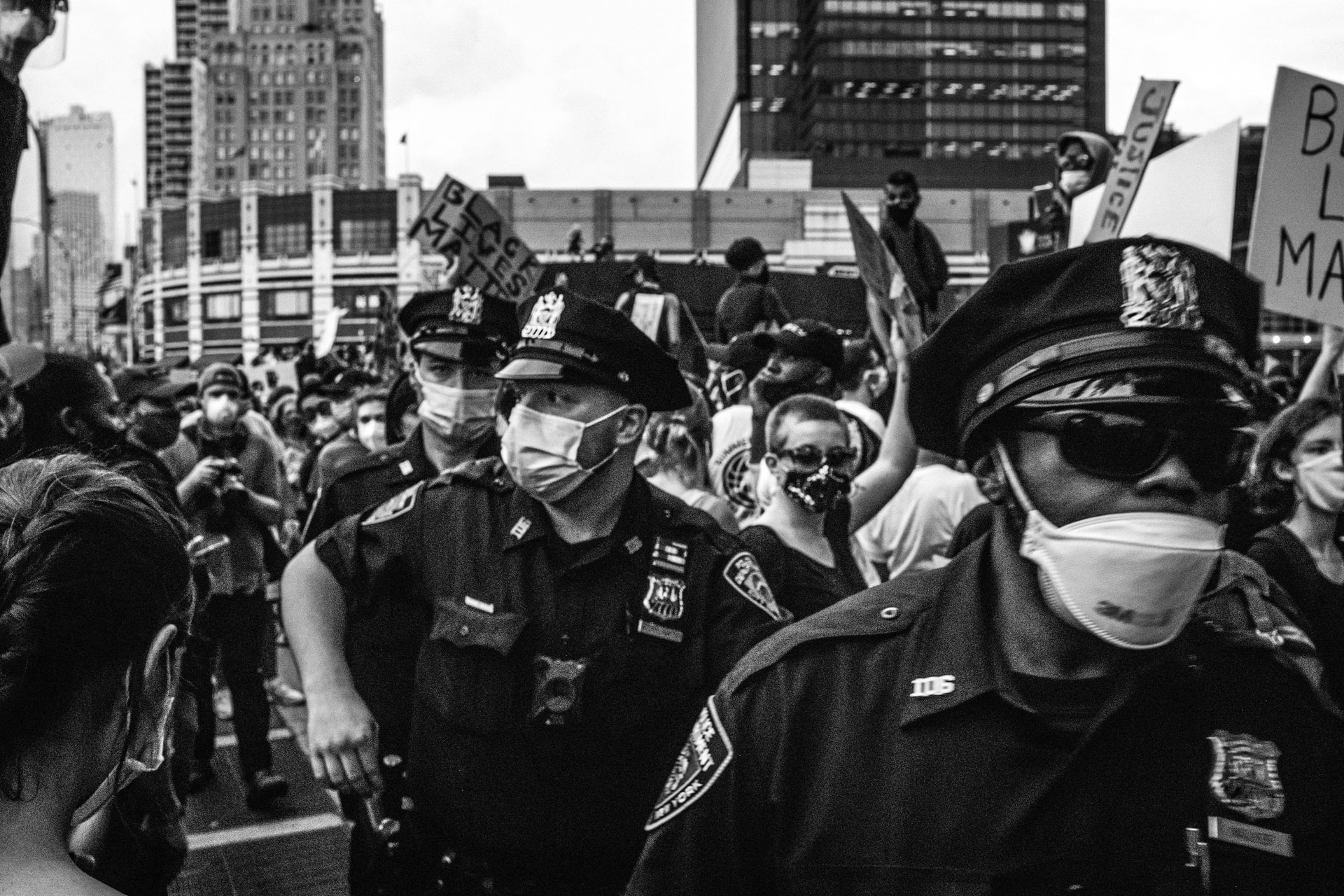Funding for better social services could have come from literally anywhere. Tying it to police budgets was unnecessary, misguided…and personal.

“The defund police movement is dead in New York City,” New York Congressman Ritchie Torres told MSNBC’s Joe Diaz-Balart on Thursday.
“And good riddance,” Rep. Torres continued before delivering the coup de gras. “Any elected official who’s advocating for the abolition and/or even the defunding of police is out of touch with reality and should not be taken seriously.”
Torres was at the time agreeing with new NYC Mayor Eric Adams that cutting police budgets is not in the best interests of the city. Their voices join a growing clamor of moderate Democrats attempting to drown out chants to “Defund the Police” still emanating from the far left.
Even as crime has spiked wildly in cities, some of which took steps to defund their police departments before backtracking in recent months to refund them, some progressives Democrats have doubled-down.
Minnesota Democrat and progressive squad member Rep. Ilhan Omar was recently asked to respond during an interview on the Medhi Hassan show: “How do you feel when you see even self-proclaimed progressives in your party like NY Congressman Ritchie Torres saying that ‘defund the police’ is dead in New York City and where many Democrats, including the new mayor, a former police captain, are loudly distancing themselves from the defund movement?”
“When you see the rise in mental health crises, when you’re seeing domestic violence increase because of COVID and other measures, when you see so many people with addiction problems, and you see the level of homelessness we have in our communities, and you still say more resources shouldn’t be allocated to that, to keep our communities safe and healthy, I really don’t know what your point is in saying that you represent the most vulnerable in our communities,” Omar answered. “Because if you care about those who are vulnerable, then you have to do everything that you can to keep them safe.”
As others have pointed out, linking funding for social services with police budgets has created a false dichotomy. Presenting the choice as one between a robust funding of social services or a traditional police force is a premise most people reject out of hand, even if they can’t always articulate why such a proposal ultimately falls flat.
Had new converts to the criminal justice reform cause centered their campaign around improving social services, they would have had no greater champions for their cause than police officers.
Onto the shoulders of underpaid, short-staffed, overburdened and demoralized police officers, society has placed all the burdens of homelessness, drug addiction, mental illness, and domestic violence.
Uniformed police officers are working-class people; they have the least authority in the chain of command. They get paid the least.
Cops should be the left’s most vocal champions of properly funding social services designed to relieve overburdened police departments of endemic problems they often aren’t adequately staffed or trained to handle.
New converts to the cause of criminal justice and policing reform who didn’t know any better, and more seasoned activists who should have, can’t be blamed for the direction in which the movement went. No one planned Defund the Police. It isn’t a political action committee, there is no board of directors. It grew organically, forged out of pure emotion, in the raw weeks and months after George Floyd was murdered by former-police officer Derek Chauvin in Minneapolis.
Most of us, it should be remembered, never saw someone murdered on a cell phone video before; all of us hope to never see such again.
The true purpose of “Defund the Police” wasn’t improving social services, it wasn’t about better serving disadvantaged communities or keeping anyone safe. It wasn’t even really about defunding police departments.
It was about frightening police departments into reform using financial leverage. It was about punishing police officers for Derek Chauvin, for George Floyd and Breonna Taylor and a host of other unarmed people killed by police officers.
For many people, it was seen as such.
That 75% of Americans now consider the movement responsible for the subsequent rise in crime, fair or not, reflects that reality. If defund the police is dead, crime killed it.
Funding social services is a great idea; doing so at the expense of defunding police departments makes no logical sense. The two aren’t mutually exclusive and they never have been.
It is past time for Democrats like Rep. Ilhan Omar to confer with the cooler heads of the party. Most prominent Democrats never jumped on the defund the bandwagon in the first place- with good reason.
Criminal justice and policing reform doesn’t need to be abandoned. There are plenty of policy changes which could make both police officers and the public safer. Traffic cams replacing traffic stops, for instance; an end to no-knock warrants, a correction of racial disparities in sentencing laws: Just to name a few with bipartisan support.
President Joe Biden said it best recently on a trip to NYC.
“The answer is not to defund the police,” the President told an assembled group of lawmakers, police officers and members of the press. “It is to give you the tools and training, the funding to be partners, to be protectors.”
“And the community needs you,” he reassured the officers present. “It’s time to fund community policing to protect and serve the community.”
(contributing writer, Brooke Bell)